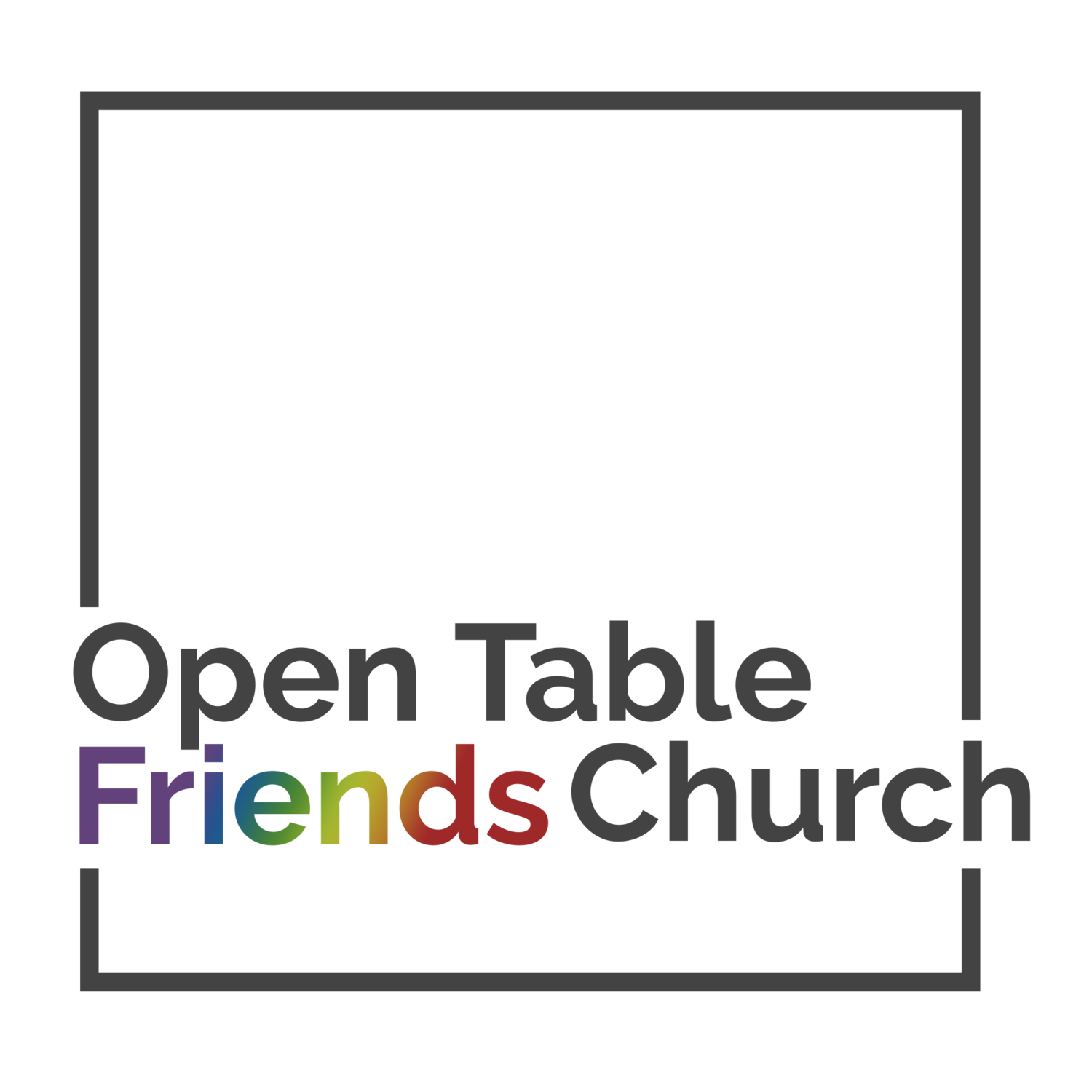WHO ARE FRIENDS/QUAKERS?
Shared from the “About Friends” page of the Friends United Meeting Website
The story of the people called Quakers (or Friends) is most often told by highlighting significant moments in history and by tracing the legacy of our spiritual ancestors. History, of course, is essential for knowing where we came from and how we have gotten to where we are today. But history alone is insufficient for capturing the essential experience behind and within this particular expression of faith. What gave rise to our movement must be true and real for us today—otherwise our faith has little meaning.
FRIENDS HISTORY
Emerging within a wider Christian renewal movement in the 1600’s, the first generation of Quakers were among many spiritual seekers yearning to be part of a fresh work of God. In an era when too much of England’s institutionalized Church was corrupt, controlled by the State, and conformed to the image of the world, many earnest women and men were hungering and thirsting to experience the Kingdom of God realized in their time and place.
Within this collection of seekers, a small band of individuals came together around a life-changing, inward encounter with Christ. Rather than only knowing Jesus as a character in the Bible, as an example to follow, or a memory to revere, the first Quakers were awakened to the reality that Christ is, indeed, risen and living. For those willing to listen individually and collectively, Christ was able and willing to teach them, guide them, lead them, and empower them to continue His work in the world.
This discovery caused Friends to understand themselves as participants in God’s work to restore “original Christianity.” This discovery turned lives—and, for a period of time, the country itself—upside down. Through the leadership of Friends like George Fox, Margaret Fell, and many others, clusters of Quaker communities formed rapidly. Itinerant preachers (both women and men) began criss-crossing the British countryside and the British colonies to share their discovery with other seekers. Turning people’s attention to the Living Christ, who was waiting to speak to the particular condition of individuals and to the needs of communities and society at large, great numbers of people were converted.
As the movement continued to grow, several important discoveries about the nature of the spiritual experience began to shape and transform the Quaker vision of what it means to be faithful. These experiences, while they may be expressed differently because of changes in history and cultural context, remain central to our individual and shared faith journey as the Friends of Jesus.


